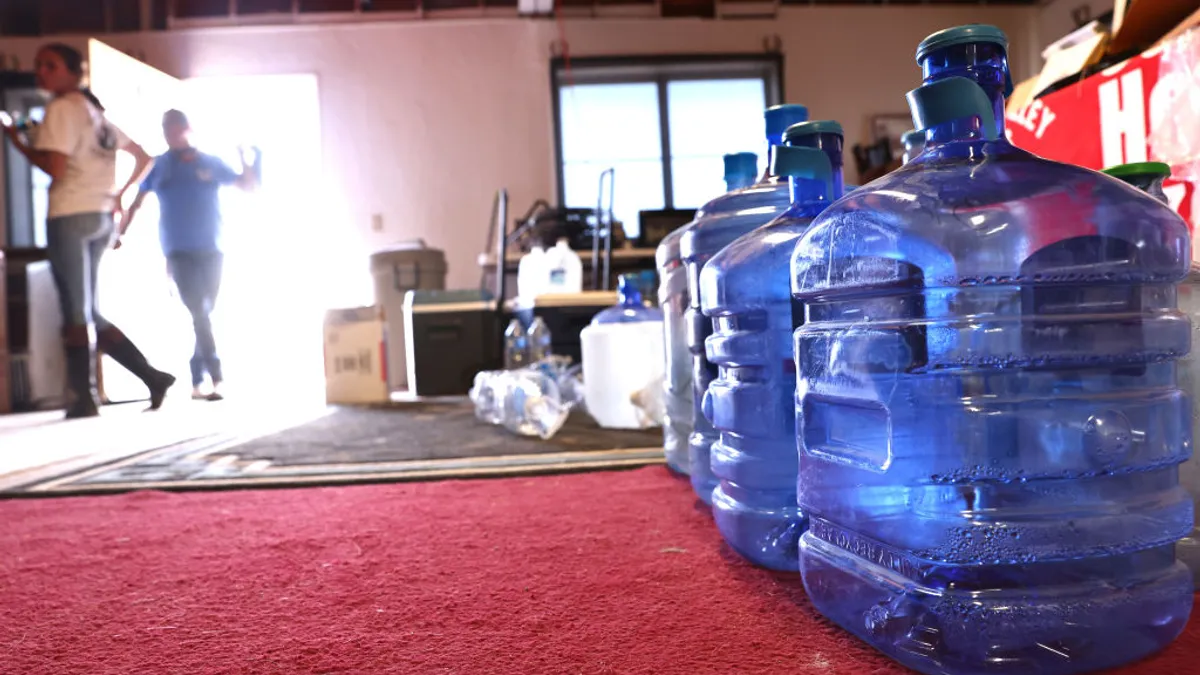Dive Brief:
- The Occupational Safety and Health Administration proposed a $24,000 penalty on an environmental restoration firm after an employee died, allegedly of heat exposure, the agency announced Jan. 19.
- The late employee was working for Earthbalance Corp. in a remote area of Florida's Apalachicola National Forest when a supervisor noticed his sweating, trembling and confusion, according to OSHA's investigation. The worker rested, but 30 minutes later, the supervisor found him unresponsive. Without a cell phone signal in the remote area, other workers traveled 14 miles to a ranger station for help. The worker that had taken ill was later pronounced dead at a hospital.
- The investigation into the worker's death highlights the need for employers to better understand the hazards of heat, OSHA said, alleging the employer "failed to adequately train a person to perform first aid, and ensure they were available to render assistance in heat-related emergencies."
Dive Insight:
The results of OSHA's investigation were announced just days before the agency closed the comment period for a proposed heat standard. The advance notice of proposed rulemaking arrived Oct. 27 last year, and the agency called it a "significant step toward a federal heat standard in the workplace."
Workplace heat sickens thousands of workers each year, according to previous reporting from Construction Dive. Forty-three workers died from heat illness in 2019, and more than 2,400 suffered serious injuries and illnesses due to exposure, according to the U.S. Bureau of Labor Statistics.
Stakeholders began discussing heat safety more frequently as temperatures rose last summer. Oregon's state OSHA issued two emergency temporary rules to shield workers from heat-related illness due to a record-breaking heat wave in the region. The standards required employers to create shade areas, supply free drinking water and provide training on personal risk factors. Employers faced more requirements when the heat index surpassed 90 degrees Fahrenheit.
Alongside heat issues, employers are facing other workplace complications driven by climate change. As a warming global climate escalates wet and dry events and seasons, it brings on heat waves, heavy precipitation and drought in certain areas. Such events complicate working conditions, putting the onus on employers to ensure worker safety in changing or intensifying conditions, sources previously told HR Dive.














